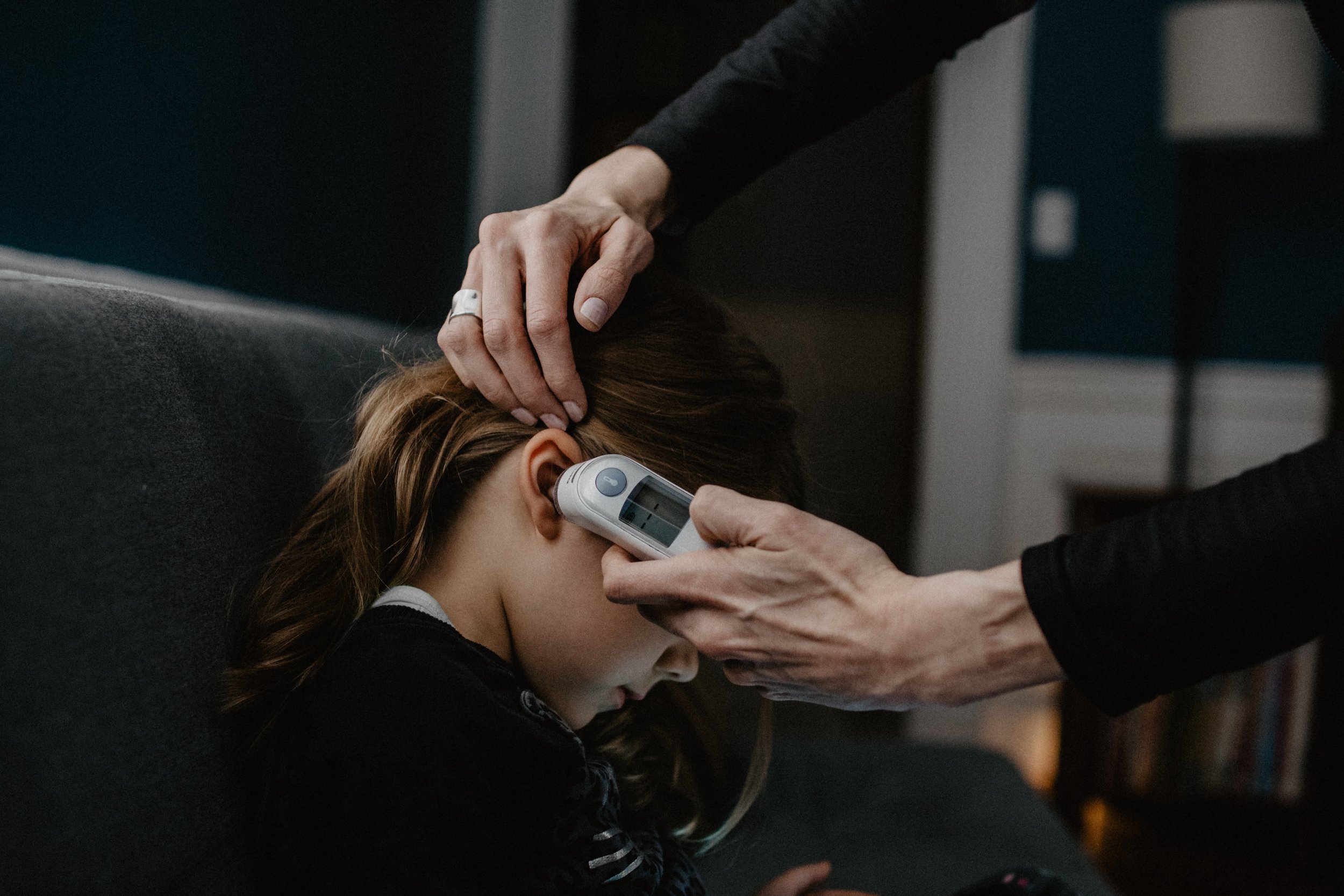The Grove

Understanding Dysphoric Milk Ejection Reflex (D-MER)
Breastfeeding can bring unexpected challenges like Dysphoric Milk Ejection Reflex (D-MER), causing brief, intense negative emotions just before milk let down. D-MER is linked to hormonal changes, not psychological issues or disliking breastfeeding. Symptoms include sadness, dread, and anxiety, lasting 30 seconds to two minutes. It's distinct from postpartum depression but can occur alongside it. Manage D-MER with skin-to-skin contact, relaxation techniques, and support. For more info, visit d-mer.org or consult your healthcare provider.

Understanding Perinatal Anxiety: A Guide for New Moms
We understand the unique challenges new moms face and offer specialized support through our trained therapists. In this blog post, we'll explore what perinatal anxiety is, its symptoms, risk factors, and effective treatment options.
Perinatal anxiety refers to anxiety that occurs during pregnancy or in the first year after childbirth. It's more than just the occasional worry or stress; it's a persistent and excessive feeling of anxiety that can interfere with a woman's daily functioning. This condition is distinct from postpartum depression, though the two can occur simultaneously.

Dealing with Infertility: The Decision to Stop Trying for a Baby
"When is it OK to stop trying to conceive?" This question weighs heavily on those facing infertility. While deeply personal, an informed decision considers emotional, physical, and financial factors. There are alternative paths to parenthood, or the option to embrace a child-free life. In recognizing the complexity of this decision, seeking support and understanding while considering alternative paths can guide you to a life of fulfillment and joy.

What are the risks for developing perinatal mood disorders?
Discovering the intricate landscape of perinatal mood disorders is essential for expectant and new parents. This blog post delves into critical risk factors that can impact emotional well-being during this transformative period. From a history of mental health challenges, experiences of sexual trauma, and reproductive hardships to relationship issues and social support deficiencies, each factor is explored. The post emphasizes the importance of proactive support, urging individuals to seek professional help and leverage resources to navigate the perinatal journey successfully. Encouraging self-care, the post concludes with a reminder that seeking assistance is a strength, not a weakness, and that a robust support system is key to embracing the challenges of parenthood.

Gift Guide for New Moms: Ways to Support Mental Health and Well-Being
Show support to new moms with gifts that promote their mental well-being and self-care. From comfortable robes to guided meditation apps, check out these gift ideas to help new moms navigate the challenges of motherhood during the fourth trimester with ease and joy.







What is Postpartum OCD?
Postpartum obsessive-compulsive disorder affects about 3-5% of women during pregnancy or up to a year after childbirth. Symptoms involve repetitive and intrusive unwanted thoughts and behaviors to avoid or relieve the thoughts. OCD is an anxiety disorder and can cause excessive worry and scary thoughts, which can be disturbing for someone experiencing it. A personal or family history of anxiety or OCD is a risk factor. However, postpartum OCD is treatable with talk therapy and medication. It is essential to understand the nature of obsessive thoughts and compulsions, practice self-compassion, and seek treatment early.

What is Postpartum Anxiety?
Learn about postpartum anxiety, its symptoms, causes, and treatment options in this informative blog post. Discover how therapy and medication can help, and the importance of seeking help early. If you're struggling with postpartum anxiety, don't hesitate to seek support.

What is Postpartum Depression?
Postpartum depression is a condition that affects many women after giving birth or becoming a new parent. In this blog post, we explore what postpartum depression is, its symptoms, causes, and treatment options. We also provide information on how to seek help, emphasizing the importance of early intervention in promoting recovery.
